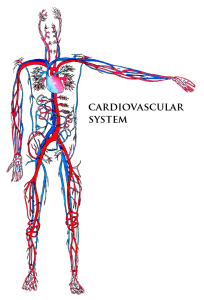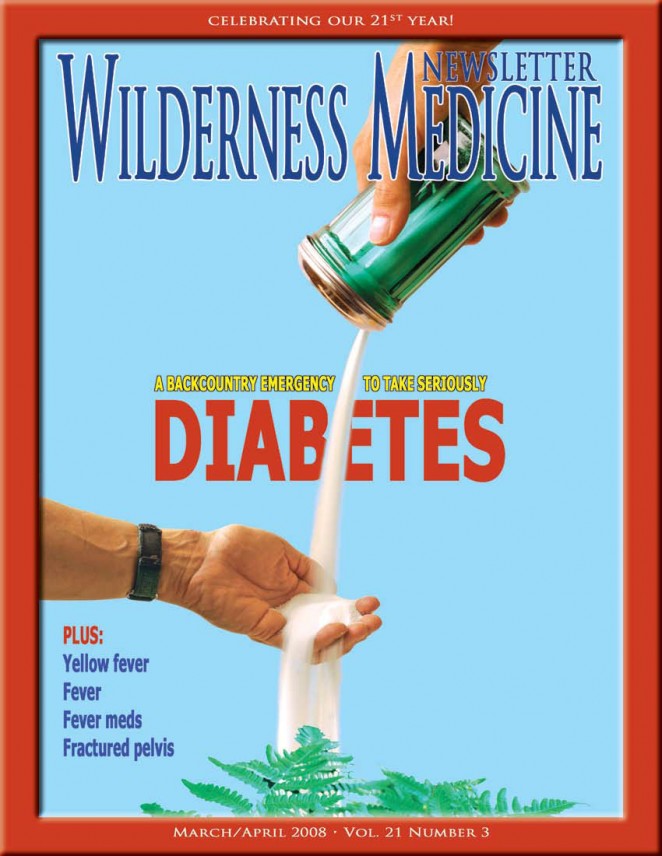HEART DISEASE and HEART FACTS

ISSN-1059-6518
By Frank Hubbell, DO
Illustrations by T. B. R. Walsh
Unfortunately, heart attacks and premature death due to heart disease are very familiar problems, not only in the USA, but also, around the world. Very common calls for EMS and for emergency departments in hospitals, they are universal issues. Heart problems occur in all environs, from urban to rural to austere. If you have a heart, you are at risk of heart disease.
US Data from the Center for Disease Control – 2104 
Cardiovascular Disease (CVD):
CVD includes:
coronary artery disease (CAD)
hypertension (HTN),
congestive heart failure (CHF)
heart failure
dysrhythmias (irregular heart beat)
valvular disease
stroke – cerebrovascular disease (CVA)
Since 1900, CVD has been the #1 killer in the US except for 1918 (Spanish flu).
600,000 Americans die per year from heart disease.
380,000 Americans die from an Acute Myocardial Infarction – “heart attack.”
1 in 4 Americans or 25% of all deaths in US are due to CVD.
1 in 4 (80 million) Americans have some form of CVD.
Men have a higher incidence of CVD until age 65, then women have a higher incidence.
An estimated 720,000 Americans will have a heart attack in 2014.
Of that number, 515,000 people will have their first heart attack in 2014, and
205,000 people will have a recurrent heart attack.
Cardiovascular Disease Terminology:
Arteriosclerosis: A disease of the arteries with thickening, hardening, and loss of elasticity in the arterial walls.
Atherosclerosis: The most common form of arteriosclerosis, marked by cholesterol-lipid-calcium deposits in arterial linings.
Coronary Artery Disease (CAD): Narrowing of coronary arteries sufficient to prevent adequate blood supply to the heart muscle.
Angina Pectoris: Pain around the heart caused by deficiency of blood supply to the heart.
Acute Myocardial Infarction (AMI): The condition caused by partial or complete occlusion of one of the coronary arteries. Infarct refers to a blood vessel that has been occluded by a blood clot, emboli, resulting in ischemia (lack of blood flow and oxygen) to the myocardial cells distal to the infarction.
Acute Coronary Syndrome (ACS): A collection of symptoms that can indicate a possible myocardial infarction, but before a definitive diagnosis has been made. This includes angina pectoris and acute myocardial infarction.
Clinical Death: Patient without a pulse.
Biological Death: Occurs within 10 minutes of clinical death due to lack of oxygen to the brain.
Sudden Cardiac Death (SCD):
SCD occurs when the heartbeat stops abruptly and unexpectedly, unassociated with any immediate illness or injury.
Most common underlying cause of SCD is a heart attack that results in ventricular fibrillation (V-fib).
80 % of SCD occurs at home; 60% are witnessed.
Approximately 95% of SCD victims die before reaching the hospital.

